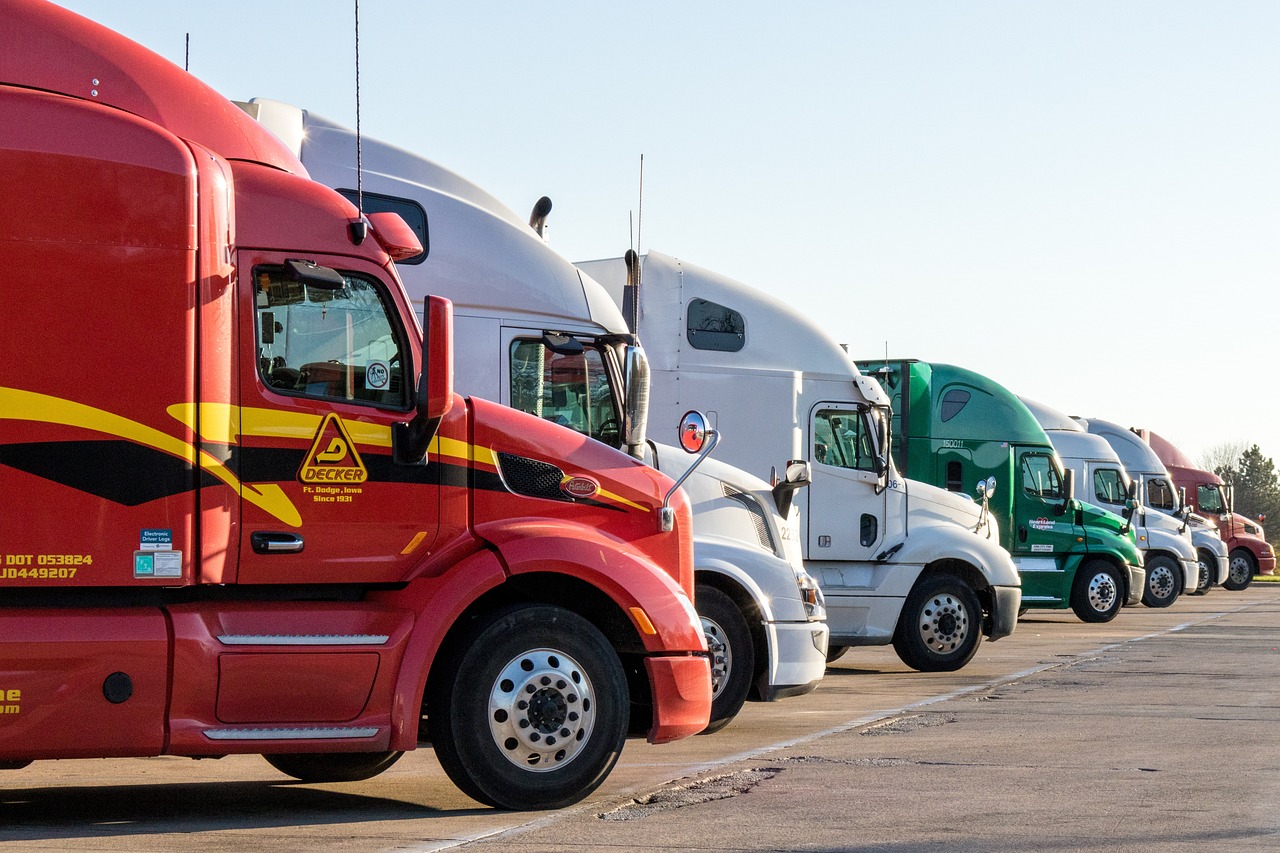In the aftermath of a truck accident, determining the cause and responsibility is crucial for legal, insurance, and safety purposes. One of the most valuable sources of information is the truck’s black box data. Also known as an Event Data Recorder (EDR) or Electronic Control Module (ECM), the black box records various data points that can provide insights into the circumstances leading up to and during a crash. This article explores whether you can access a truck’s black box data after an accident and the benefits of having such data available.
What is a Truck’s Black Box?
A truck’s black box, technically known as an Event Data Recorder (EDR) or Electronic Control Module (ECM), is a device installed in commercial vehicles to record and store critical operational data. Similar to the black boxes used in airplanes, these devices capture information about the vehicle’s performance and driver actions. The data can include:
– Vehicle speed
– Engine RPM
– Brake application
– Steering input
– Accelerator pedal position
– Seatbelt usage
– Airbag deployment
– GPS location
This data can be invaluable in reconstructing the events leading up to and during an accident.
Can You Get a Truck’s Black Box Data After an Accident?
Legal Access to Black Box Data
Accessing a truck’s black box data after an accident can be a complex process, primarily involving legal and technical considerations. Here are the steps and conditions under which you may be able to obtain this data:
- Ownership and Consent:
– The trucking company typically owns the truck and, consequently, the black box data. Therefore, obtaining consent from the company or the truck driver is often the first step in accessing the data.
- Subpoena or Court Order:
– If consent is not granted, you may need to obtain a subpoena or court order. Your attorney can file a motion to request the court to mandate the release of the black box data. This is common in cases where liability is disputed, and the data is crucial for establishing fault.
- Preservation Letter:
– Immediately after an accident, your attorney can send a preservation letter to the trucking company, instructing them to preserve all relevant data, including black box information. This prevents the company from deleting or overwriting the data.
- Professional Data Retrieval:
– Extracting and interpreting black box data requires specialized equipment and expertise. A forensic accident reconstruction expert or a professional data retrieval service is often hired to download and analyze the data accurately.
Technical Access to Black Box Data
Accessing the black box data involves connecting to the truck’s Electronic Control Module (ECM) using specialized tools and software. The process includes:
- Connecting Diagnostic Equipment:
– Technicians use diagnostic tools to connect to the ECM and download the stored data.
- Data Interpretation:
– Once the data is retrieved, it needs to be interpreted by experts to reconstruct the accident scenario. This can include creating detailed reports and visualizations based on the data.
Benefits of Truck Black Box Data
Accurate Accident Reconstruction
One of the primary benefits of black box data is its ability to provide an accurate reconstruction of the accident. The recorded data can reveal critical details such as vehicle speed, braking patterns, and steering inputs, helping investigators determine the sequence of events and identify contributing factors.
Determining Fault and Liability
Black box data is crucial in determining fault and liability in truck accidents. It provides objective evidence that can support or refute claims made by drivers, witnesses, or involved parties. This data can be used in legal proceedings to establish negligence or compliance with traffic laws.
Enhancing Safety Measures
Analyzing black box data can help identify recurring issues or patterns that lead to accidents. Trucking companies can use this information to improve safety measures, driver training programs, and vehicle maintenance protocols, ultimately reducing the likelihood of future accidents.
Insurance Claims and Settlements
In the context of insurance claims and settlements, black box data can provide clear evidence of what happened during an accident. This can expedite the claims process, reduce disputes, and ensure fair compensation for the parties involved. Insurance companies often rely on this data to assess the validity of claims and determine settlement amounts.
Compliance with Regulations
Many jurisdictions require commercial trucks to have EDRs to comply with safety regulations. The data collected can be used to demonstrate compliance with hours-of-service regulations, vehicle maintenance schedules, and other legal requirements. This can protect trucking companies from regulatory penalties and enhance their overall operational integrity.
Protecting Drivers and Companies
Black box data can also protect drivers and trucking companies from false claims and litigation. In cases where a truck driver is wrongfully accused of causing an accident, the data can provide evidence to exonerate them. Similarly, it can protect trucking companies from fraudulent claims and unwarranted legal action.
Improving Fleet Management
For trucking companies, black box data can be a valuable tool for improving fleet management. By monitoring vehicle performance and driver behavior, companies can optimize routes, reduce fuel consumption, and enhance overall efficiency. This data-driven approach can lead to cost savings and better resource utilization.
Conclusion
Obtaining a truck’s black box data after an accident is a critical step in accurately reconstructing the event, determining fault, and ensuring fair compensation. While accessing this data can involve legal and technical challenges, its benefits are substantial. From improving safety measures and compliance to protecting drivers and companies from false claims, black box data plays an essential role in the trucking industry. By understanding the process and leveraging this valuable information, you can navigate the complexities of truck accidents more effectively and ensure a just outcome for all parties involved.
